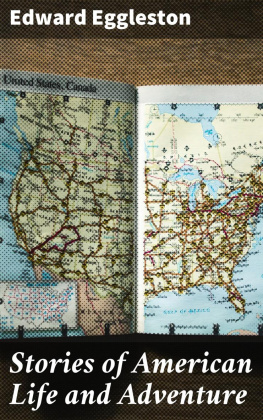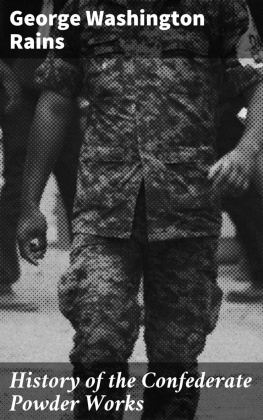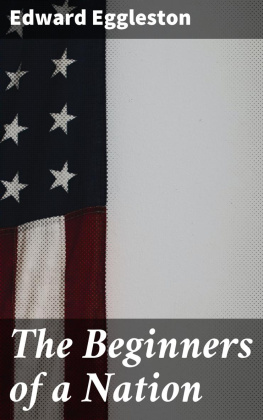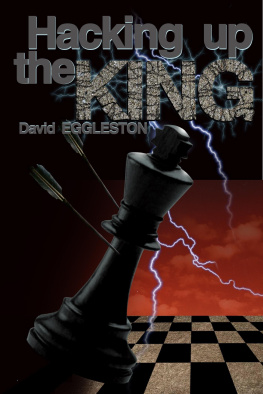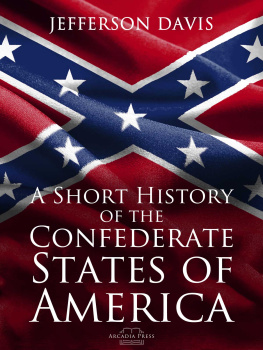INTRODUCTION
The Magnitude of the Confederate War
Table of Contents
During the years from 1861 to 1865, one of the greatest wars in all history was fought in this country.
There were in all three million three hundred and seventy-eight thousand men engaged in the fighting of it.
There are not that many men in all the regular standing armies of Europe combined, even if we include the unpaid hordes of Turkey and the military myriads of the armed camp known to geography as Russia.
The actual fighting field of this war of ours was larger than the whole of western Europe, and all of it was trampled over and fought over by great armies.
The men killed or mortally wounded in our war numbered on the Northern side alone 110,000. The total number of deaths resulting from military operations on the Northern side alone was 350,000. The figures for the Southern side are not accessible, owing to the loss of records. But as the fighting was equally determined on both sides, and as other conditions were substantially equal, it is certain that the losses of life were relatively about the same on both sides. It is well within the facts, therefore, to say that this war of ours directly caused the death of more than half a million men. No other war in modern history has cost so many lives or half so many.
We hear much of our recent war with Spain. Let us take it as a basis of comparison. The total number of men even nominally called into the field in that war was less by nearly two to one than the deaths alone during the Confederate war. The number of men who were actually engaged in the Spanish war numbered only about one tenth as many as those who were buried as victims of the Confederate war's battle fields.
Again, the total number of men killed and wounded during the Spanish warincluding every man who was touched by a bullet or scratched by a sword or bayonet thrust or hurt by a splinter at seawas only two hundred sixty-eight. That is fewer than the number who were stricken in each of many before-breakfast skirmishes of the Confederate war, some of which were deemed too insignificant to be reported to headquarters with precision.
Looking for higher standards of comparison, we find that 43,449 men fell killed or wounded at Gettysburg alone. That is almost double the loss of the allied forces at Waterloo and probably equal to the total losses on both sides at that greatest and most decisive of European battles.
There were more than a dozen other battles of the Confederate war which in slaughter fairly deserved comparison with Waterloo. These included the Seven Days' battle before Richmond, and the battles of Fredericksburg, Chancellorsville, Antietam, Shiloh, Chickamauga, the Wilderness, Spottsylvania, Cold Harbor, the Second Manassas (or Bull Run), Stone River, Petersburg, Franklin, Lookout Mountain, Nashville and several others.
Still another measure of the magnitude of a war is its duration. It is duration indeed that chiefly determines the amount of human suffering caused by a war, especially to the women and children who are war's chief victims.
Measured by this test of duration the Confederate war exceeded all other recent conflicts in the magnitude of the suffering it inflicted.
Its first gun was fired at Fort Sumter in April, 1861: its last armed conflict did not occur until May, 1865. Thus for four years and a month the war endured. The Crimean warone of the longest of nineteenth century conflictsendured for less than half that length of time and the actual fighting of it lasted less than one fourth as long. The duration of the Confederate war was seven times as great as that of the stupendous Franco-Prussian conflict of 1870, which overthrew the second Napoleonic empire, consolidated Germany and made the republic an enduring fact in France. It was twenty-four times as long as that of the French-Austrian war, which set Italy free, or as the War of 1866 between Austria and Prussia which laid the foundations of the present German empire.
Measured by its enduring consequences the superior magnitude of our war in its influence upon national and human destinies is still more conspicuous.
It made an end of human slavery in the last civilized country on earth in which slavery was permitted.
It freed the nation from a reproach that sorely afflicted its citizens.
It ended a political conflict which had threatened the very foundations of the Republic from the hour of its institution.
It freed the Southern States of the Union from an incubus that their statesmen and their best citizens had for generations desired to be rid of, an incubus that had restricted their development and retarded their growth in wealth and population as no other evil influence had ever done in any part of our country.
Still more important so far as human history is concerned, this war of ours settled at once and forever, the vexed and vexatious questions of constitutional interpretation that had beset the Republic from the hour of its formation.
It revised the constitution upon new lines and reconstructed the Republic in ways that promise permanence.
As an exhibition of national military capacity and a revelation of our prodigious possibilities of armed resistance, it taught the world the advisability and indeed the absolute necessity of letting the United States alone, as the one unassailable and defensively irresistible nation on earth.
Finally it gave to the American people a realizing sense of their own limitless power, which has both strengthened and sobered the popular mind, revealing to it the nation's limitless ability to work iniquity, and awakening it to the Republic's nobler capacityto work righteousness instead.
The conflict so far exalted and emphasized the power of the Republic as to inspire us with a new generosity of forbearance in our dealings with all other nations. It made it easy for us to follow General Grant's rule of right to "deal with other nations as enlightened law requires individuals to deal with each other."
Incidentally this war exhausted and impoverished the South as no other war ever exhausted and impoverished any fruitful land. It utterly destroyed the labor system of those states. It put out the light of their prosperity for a time and left their people blindly groping for sustenance. It destroyed a social fabric of exquisite poise and picturesqueness which had endured from the beginning of American colonization. It set society upon its head in the South and replaced historic order with inexpressible chaos. For a time it substituted for a traditional government by the best, an actual and very lawless government by the worst elements of society, exalting ignorance above culture, vice over virtue, and setting a horde of half-savage and suddenly emancipated slaves to direct the destinies of a region to which the country had always reverently looked for exalted patriotism and the wisest statesmanshipthe region which had produced Washington and Jefferson and Madison and Monroe; the region that had given to the Republic that greatest and wisest of the jurists of the modern world, John Marshall; the birthplace of Patrick Henry, and George Wythe and George Mason and Henry Clay.




